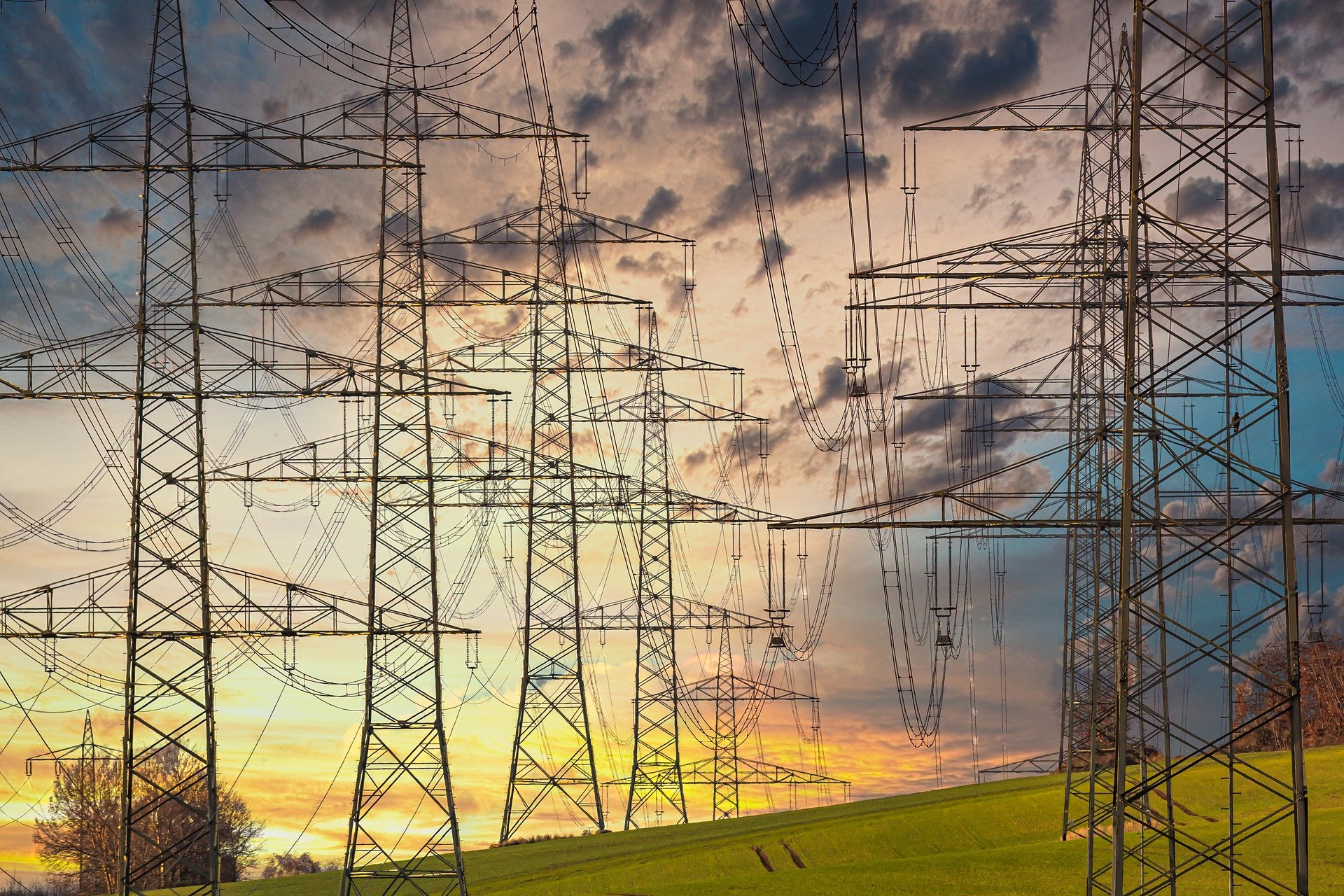The draft amendment to the energy law introduces significant changes to the current and new licensees. One of the most important modifications for entities wishing to obtain a license is the introduction of a broader definition of property security and the rules for its establishment. According to the existing regulations, in the procedure for granting a concession, the President of the ERO could make the issuance of the decision conditional on the applicant submitting property security, but in practice it was rarely used. Usually, the ERO examined the financial capacity of the entrepreneur to verify whether he would be able to conduct regulated activity.
The authors of the changes probably want to make the licensing procedure more formalized and limit the number of positive decisions issued by the President of the ERO. This seems to confirm that the government is again tightening the rules for granting permits for energy trading. This may result from the content of the justification according to which “the security institution is particularly important in the case of concessions for trading in fuels and energy in a situation where the entity applying for the concession does not have any infrastructure at its disposal. It is justified to define the rules for applying the institution of property security due to the very general wording of the binding provision of Art. 38. Bearing in mind that the clarification or, in principle, definition of the above-mentioned principles will have a significant impact on the rights and obligations of entrepreneurs, the implementation of this postulate should be implemented by the provisions of the Act.
In a letter of January 19, 2021, the Supreme Court issued a negative assessment of the proposed amendment to Art. 38, indicating that the new regulations do not introduce clear guidelines in which situations the President of the ERO should exercise his powers, and in which to refrain from them. This excessive discretion seems unjustified in the context of such a detailed determination of the rules for establishing property security (amount, time limits, supplement). Even though the new regulations will not apply to the existing licensees, those entrepreneurs who plan to apply for a license to trade in energy sources should pay close attention to them.



